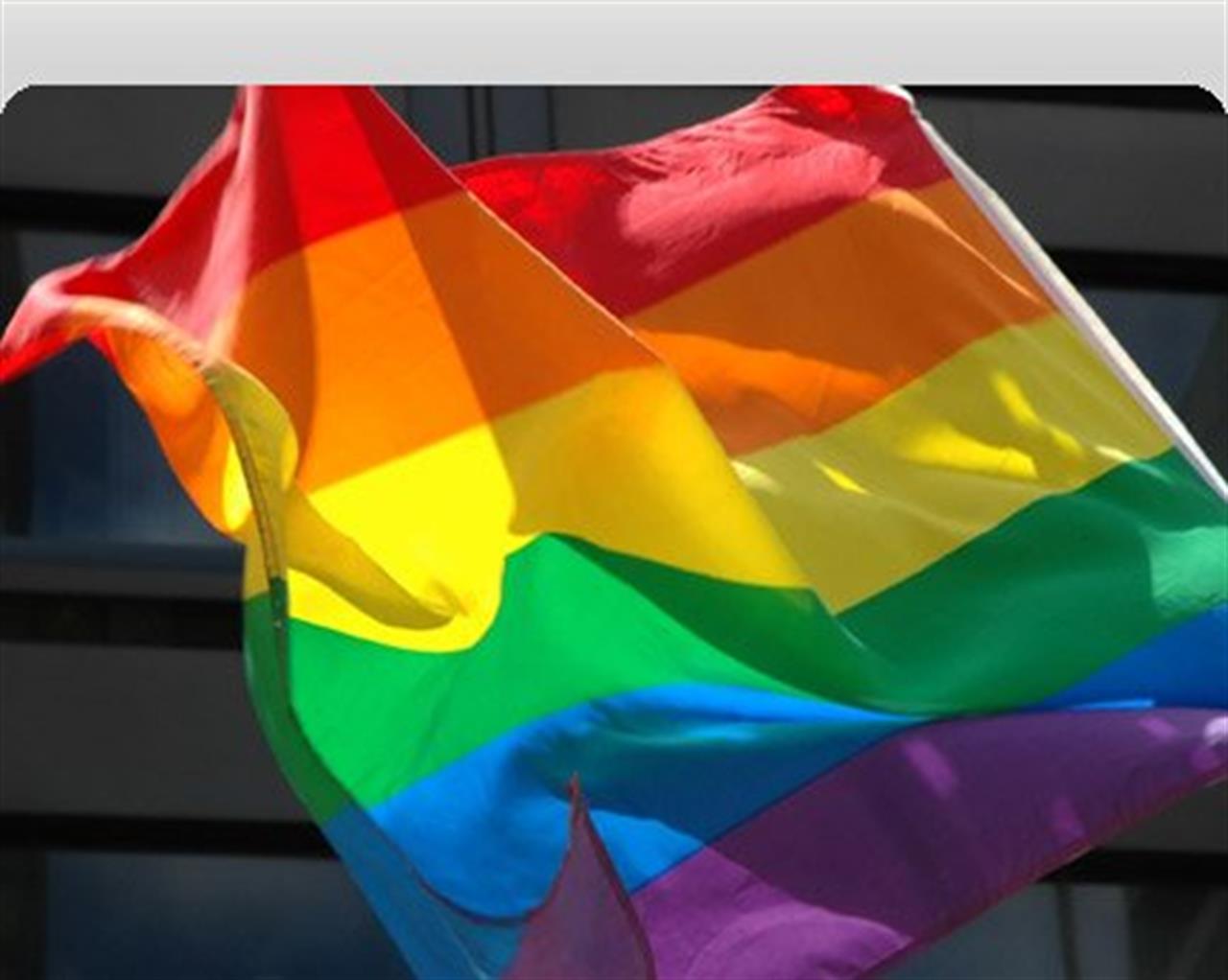Serbia: Violence against LGBT
The lesbian and gay community in Serbia don't trust the police or the institutions says a new survey

The Survey “LGBT Population and Reforms of Security Sector”, prepared by the Public Policy Research Centre shows that the LGBT (lesbian, gay, bisexual and transgender) population has little confidence in the institutions of the security sector in Serbia, resulting in a situation in which the majority of the non-heterosexual persons hesitate to report the cases of violence and discrimination to the authorities.
According to the survey, the hesitation to report the violent incidents and threats to the police is due mainly to the fact that the judicial procedures that follow are prolonged, their outcome uncertain, in spite of the timely reaction by the police. The findings of the survey also demonstrate that activists are far more likely to report violence than the non-activist members of the LGBT population.
On the other hand, the survey notes that, in spite of the satisfactory legislative framework that sanctions all sorts of violence and discrimination, non-heterosexual persons feel their personal security was endangered. It refers primarily to their physical security, but also economic security and the fears that they may be discriminated in employment and realisation of other rights.
The majority of the participants in the five focus groups in Belgrade, Novi Sad and Niš, the threats against their security result from the political and social discourse, with institutions like the Serb Orthodox Church, political parties and state institutions not using all public appearances to call for full respect of basic human and minority rights and, furthermore, tend to, in some way, justify the violence and discrimination against LGBT community.
The representatives of the Ministry of the Interior interviewed for the survey say, on the other hand, that protection for minority communities, including LGBT population, is one of the priorities for the police force. They say that the police has mapped the sites of gathering for the LGBT population and that the citizens there have all the protection although, in their words, “the protection may not be easily visible from the outside”.
Nonetheless, LGBT activists emphasize that, while there may be some progress in terms of how the police approached the LGBT population, that mostly takes place in Belgrade and not in the smaller towns and communities outside of the capital. For that reason, the Public Policy Research Centre recommends that the Ministry of Interior should improve the communication between the Police and the LGBT community, especially in smaller towns and communities.
The survey emphasizes the fact that the lack of proper definition of the institute of “hate-crime” in the national legislation is the main defect and recommends that it is introduced into the Criminal Code which, according to the experiences in the other countries and the views of LGBT community, would contribute to more efficient procesing of persons suspected and charged for violence and other offences against the LGBT population.
Si può usare la Carta docente per abbonarsi a VITA?
Certo che sì! Basta emettere un buono sulla piattaforma del ministero del valore dell’abbonamento che si intende acquistare (1 anno carta + digital a 80€ o 1 anno digital a 60€) e inviarci il codice del buono a abbonamenti@vita.it
